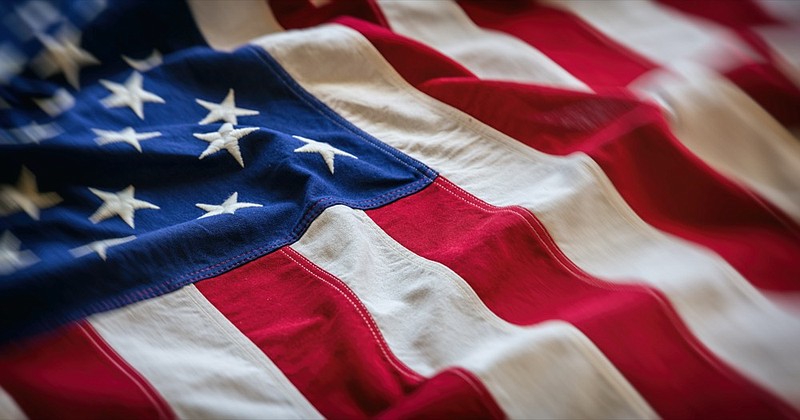I have my doubts about America. As a Catholic, my first loyalty is to a faith that predates and promises to outlast our Republic, that was disfavored for much of our history and may be headed into disfavor once again. American anti-Catholicism is far from the worst evil in this nation's history, but it still instills a special obligation to take critiques of our Anglo-liberal-Protestant inheritance seriously.
But when it comes to introducing American history to my own American children, I've realized that we're giving them a pretty patriotic education: trips to the battlefield at Concord; books like "Johnny Tremain" and the d'Aulaires' biographies of Abraham Lincoln, Benjamin Franklin and Pocahontas; and incantatory readings of "Paul Revere's Ride."
One of my son's favorite books is an account of Lewis and Clark's mission that pairs extracts from diaries with vivid illustrations. Laura Ingalls Wilder may have been canceled a few years ago, but she's a dominant literary figure for our daughters.
I should say that we also deliver doses of realism about slavery and segregation and the importance of seeing history from the perspective of the defeated, from the Tories to the Sioux. And we are not home-schoolers; our patriotic education interacts with what our kids learn in school and pick up through osmosis in our progressive state and city.
I think it's worth talking about what makes patriotic education valuable, even if you ultimately want kids to have critical distance from the nation's sins.
Here I want to disagree mildly with David French, the famous conservative critic of conservatism, who wrote for Time magazine recently chiding parents who are "afraid children will not love their country unless they are taught that their country is good." The love for country we instill, he argued, shouldn't rest on American innocence or greatness; rather, we should love our country the way we love our family, which means "telling our full story, the good, the bad, and the ugly."
To which I would say, yes, but you probably want to feel a certain security in your children's family bonds before you start telling them about every sin and scandal.
Admittedly, there are families where that isn't possible, as there are political contexts where young kids need to know dark truths upfront. But we aren't living in Nazi-occupied France, and there is easily enough good in America, past and present, to lay a patriotic foundation.
Moreover, with families, the people you're supposed to love are usually there with you, and to some extent you can't help loving them even in their sins. Whereas the nation's past is more distant - words and names and complicated legacies, not flesh and blood. So if historical education doesn't begin with what's inspiring, a sense of real affection may never take root - risking not just patriotism but a basic interest in the past.
If you teach kids first that the past is filled with people who did remarkable, admirable, courageous things - acts of endurance and creation that seem beyond our own capacity - then you can build the awareness of French's bad and ugly organically, filling out the picture through middle and high school, leaving both a love of country and a fascination with the past intact.
And starting with heroism doesn't just mean starting with white people: From Harriet Tubman to Martin Luther King Jr., the story of the African American experience is the most straightforwardly heroic American narrative, the natural core of liberal patriotism.
This idea of a patriotic foundation hardly eliminates controversy. You still have to figure out at what age and in what way you introduce more detail and more darkness.
In this sense, French and others to his left are correct: There is no escape from hard historical truths, no simple way to raise educated Americans.
But still I feel no great difficulty letting my children begin, wherever their education takes them, with the old familiar poetry: Here once the embattled farmers stood / And fired the shot heard round the world.
The New York Times
